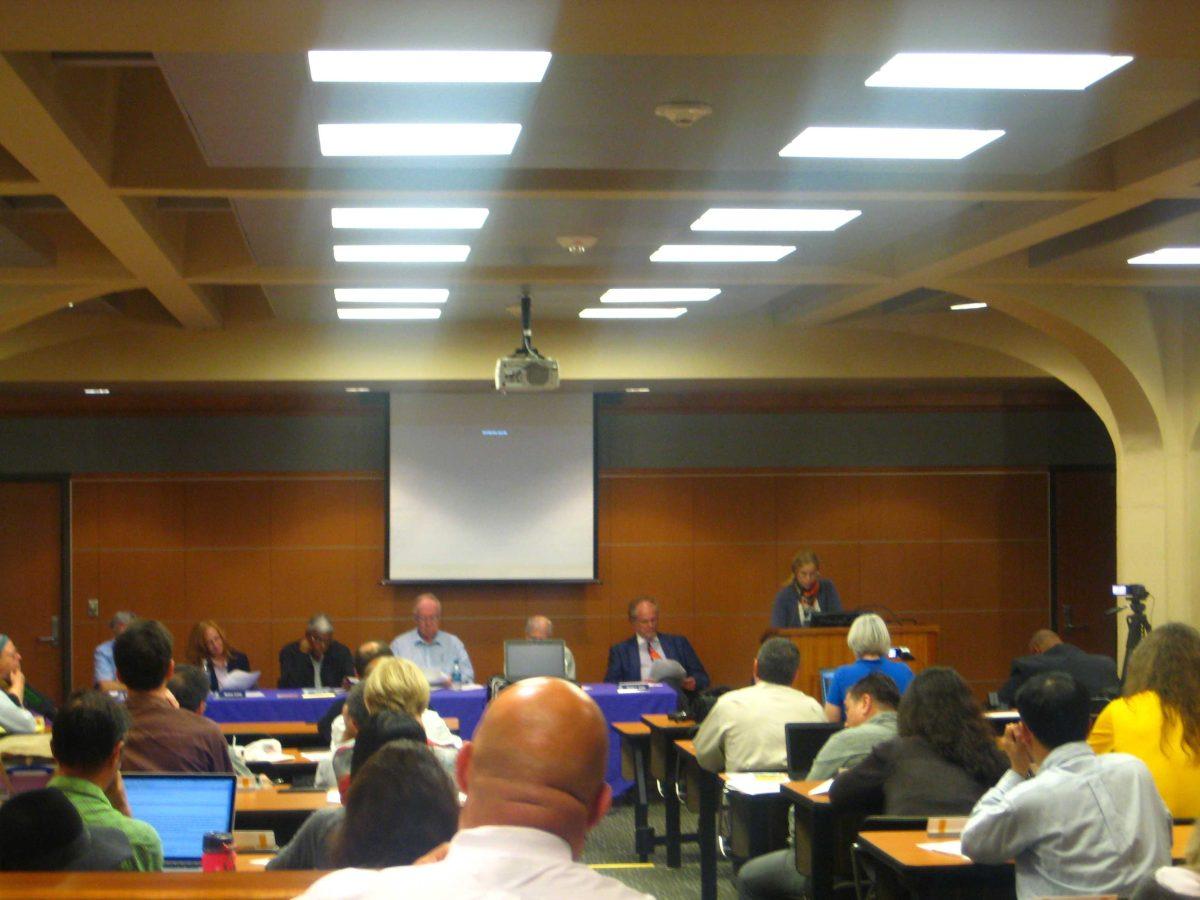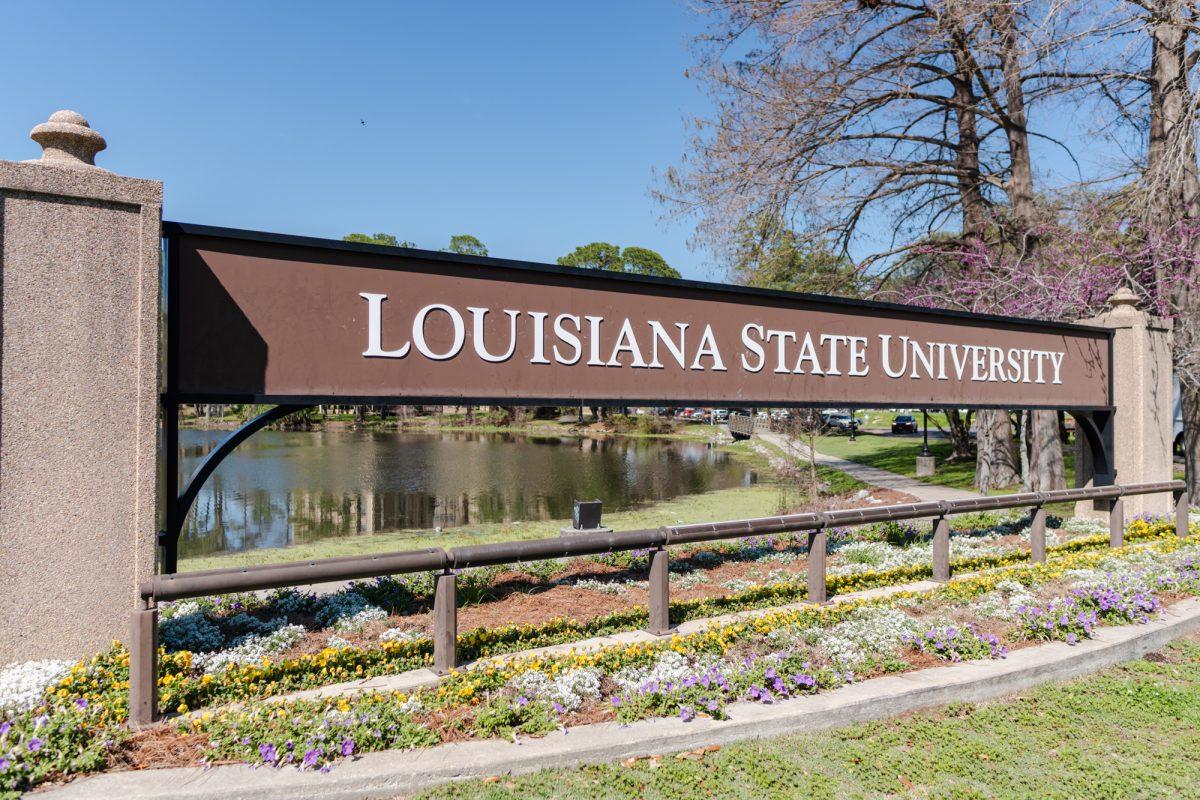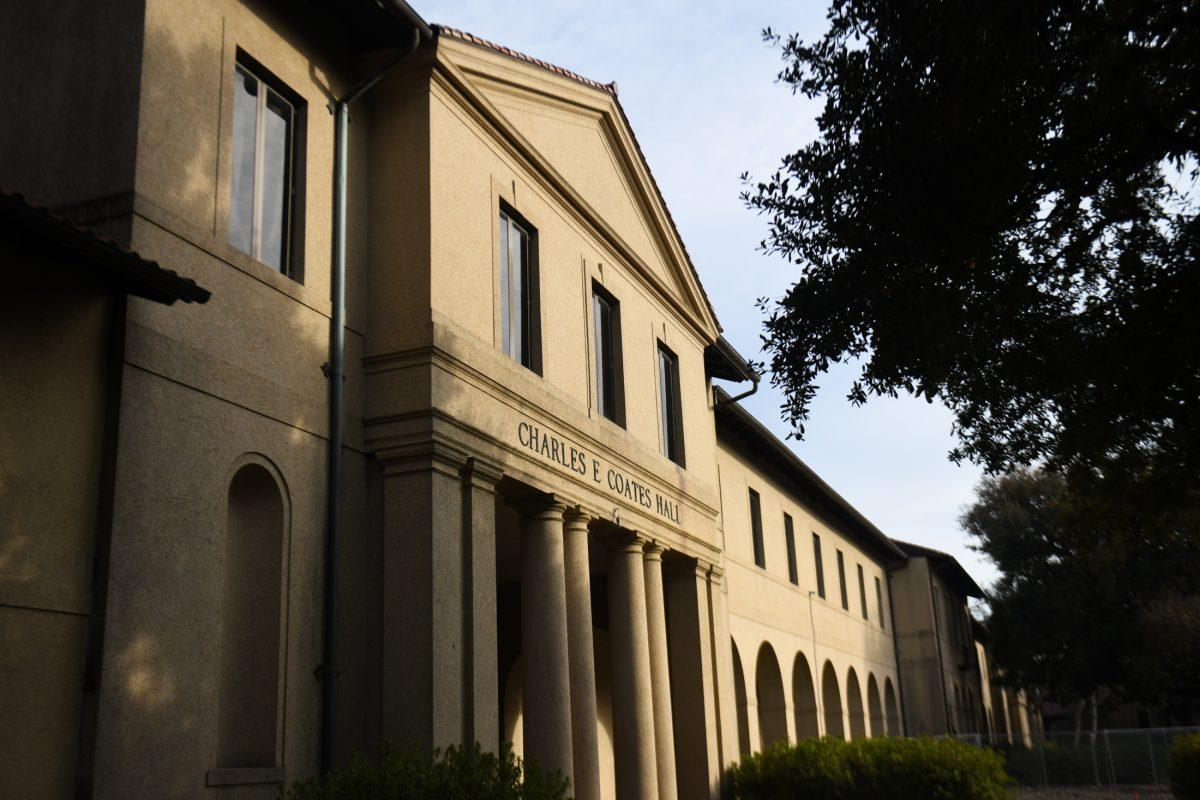The University’s Faculty Senate tabled a resolution calling for increased graduate student stipends Tuesday.
Graduate student stipends were raised by 3 percent for the 2016-2017 academic year, but an amendment to the graduate assistantship policy has not been made since 2004.
The resolution called for the University to increase the minimum graduate student stipend from $10,800 to $15,500 to better provide graduate students with a living wage. The resolution was tabled after a senator raised concerns over a shortage of resolution copies made available to the senators.
Other senators raised issues with the resolution’s language comparing graduate students to full-time employees, as well as the assessment that graduate students would have similar needs to single-person households. Several friendly amendments were also suggested to the resolution to better clarify the language and strengthen the proposal.
Kinesiology professor Arend Van Gemmert, the resolution’s main sponsor, said his sense was that the majority of faculty senators supported the resolution, but certain language needed to be clarified for the senators to feel confident taking a vote.
Van Gemmert said he supported the tabling and was willing to make changes to the resolution in order to have the Faculty Senate’s full support.
“I think that is the best chance for getting everyone on board,” Van Gemmert said. “I like this being supported by the full faculty because then I think it has the most teeth. If that means I have to table it for another month, that’s fine.”
Biological sciences graduate student David Morris said he was frustrated by the debate and subsequent tabling. Morris spoke on behalf of graduate student interests at the meeting and said he felt some senators were reasonable, while others missed the point entirely.
Morris said discussing graduate student stipends is a difficult issue to tackle because it raises questions of other tangential issues, such as supplemental income and employee qualification for graduate students. Morris said he was stunned when several senators responded insensitively to improving graduate student livelihoods.
Morris said graduate students are restricted to working 20 hours per week, but many graduates’ work loads easily exceed the limit — an open secret among faculty and administration. Graduate students’ academic, research and teaching responsibilities typically exceed 30 hours per week, but it’s work they’re not being compensated for, he said.
“LSU, despite having more resources than many smaller schools, really doesn’t have very good compensation,” Morris said. “The school still benefits from the graduate students. They still make money from our teaching undergraduate classes. They still make money from our research, but they don’t pay us anything for it relative to some of these institutions.”
Morris said the state of graduate student stipends raises important questions about fairness and the value of graduate students’ work. He also said, though the trope of the struggling graduate student still exists, conditions of rising student debt and the changing job climate in academia have created new challenges for today’s graduate students.
Many faculty members struggled as graduate students, but they should still strive to make life better for the next generation of graduate students when possible, he said.
Van Gemmert said pursuing increased graduate student stipends is crucial to ensure graduate students maintain reasonable living conditions and will continue to enroll in the University.
The current minimum stipend outlined in the University’s graduate assistantship policy, $10,800, is not in line with the cost of living in Baton Rouge, Van Gemmert said. The cost of a one-bedroom apartment in Baton Rouge is $800, and average utilities cost $165, according to data Van Gemmert cited from the cost of living database, Numbeo.
Ensuring liveability is important to continue attracting top graduate students to the University, Van Gemmert said. Graduate students are crucial to maintaining successful classroom environments and advancing the University’s research aims, he said.
The resolution will be revisited at the Faculty Senate’s Nov. 8 meeting. A resolution reaffirming the University’s commitment to free speech and academic freedom was also tabled until Nov. 8, and a new resolution requesting community dialogue on the acquisition of a new live captive mascot moved forward.
LSU Faculty Senate tables resolution on increased grad student stipends
October 11, 2016
Faculty Senate holds its Nov. 9 meeting discussing the privatization of LSU’s Child Care Center.
More to Discover










